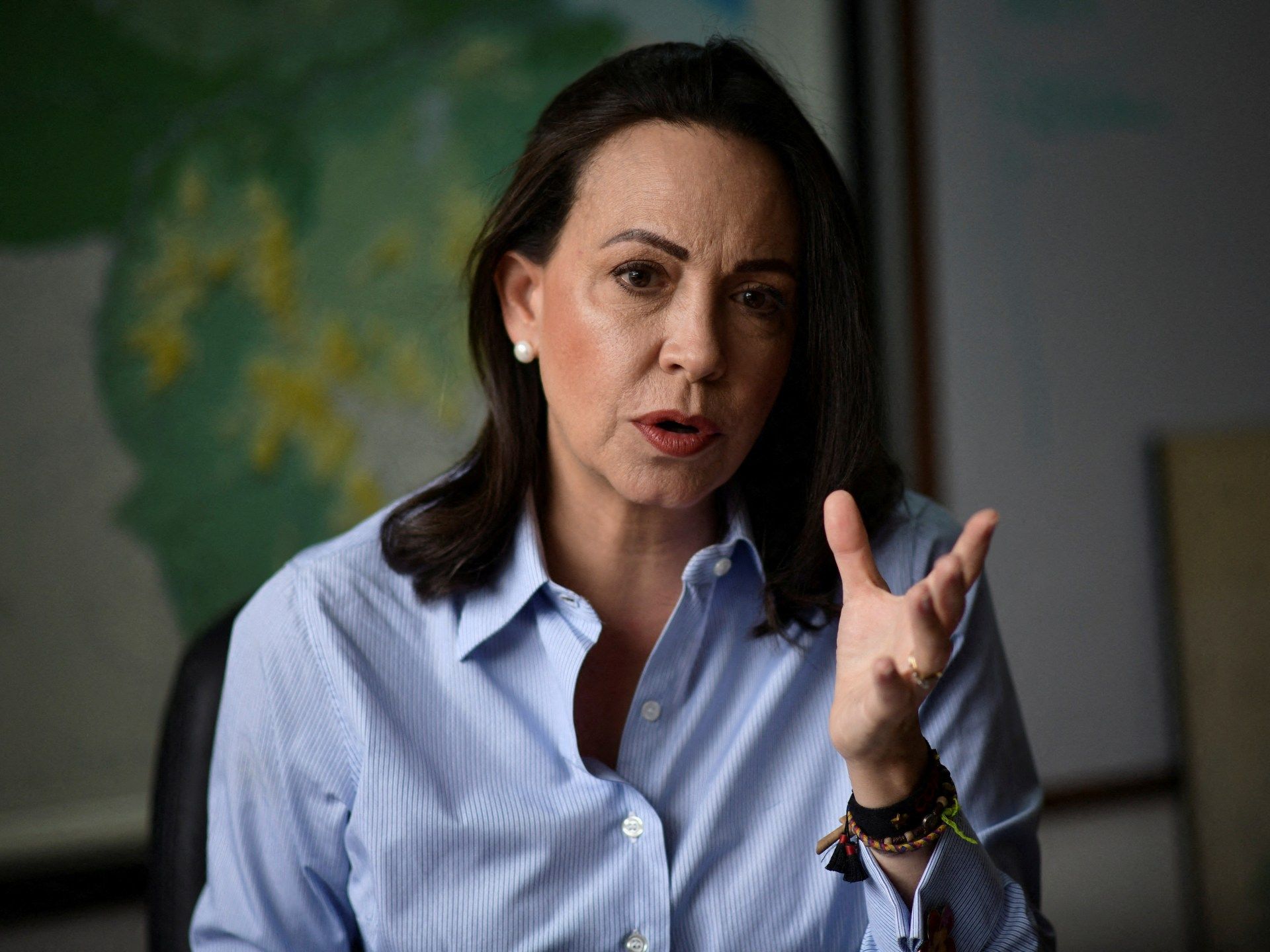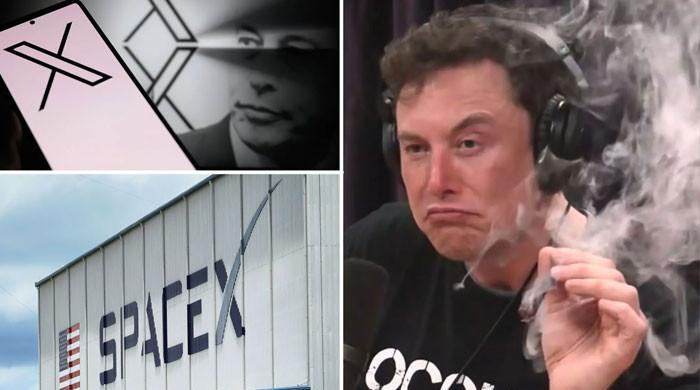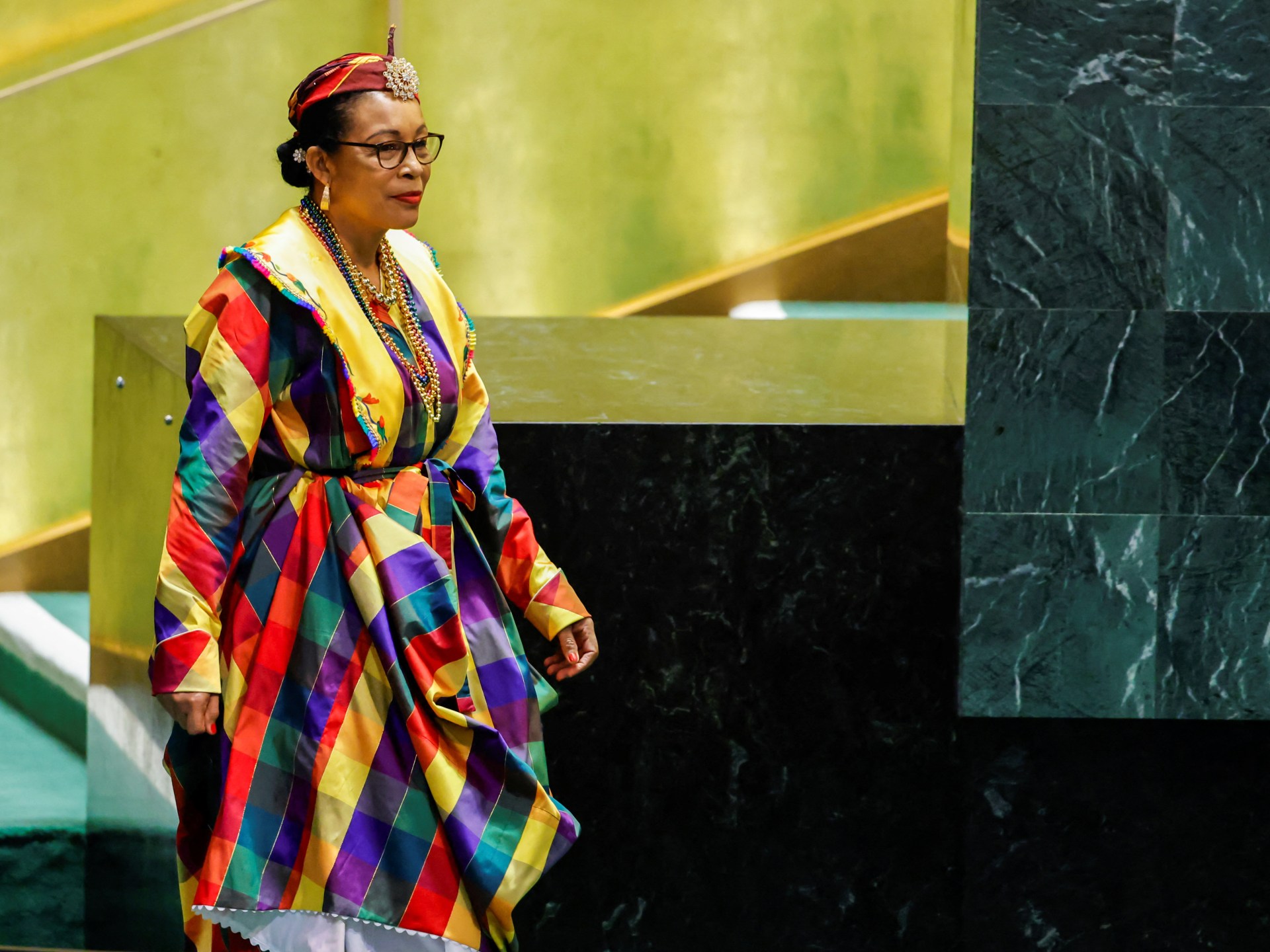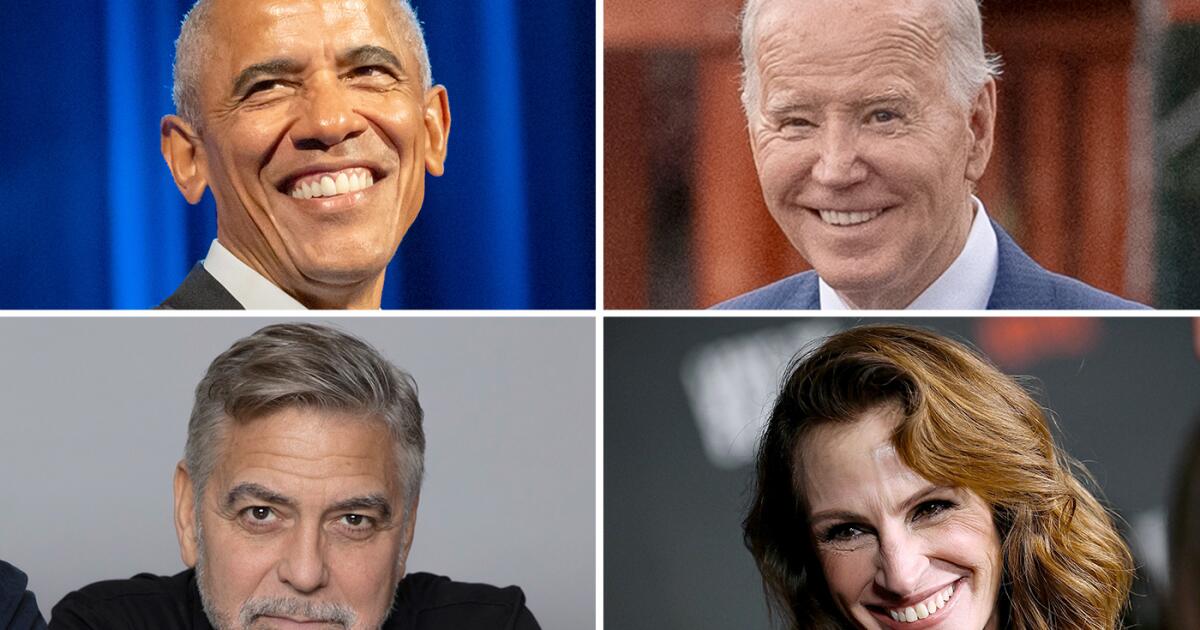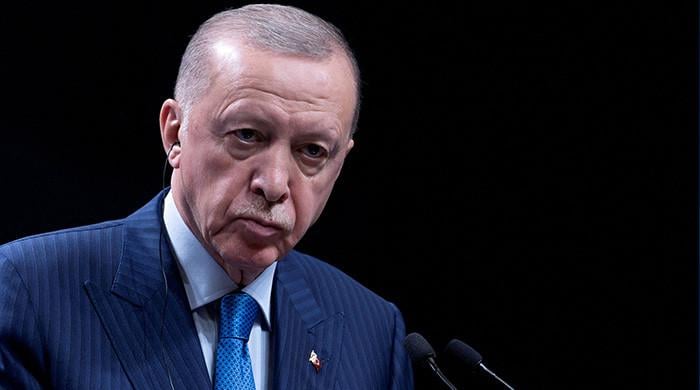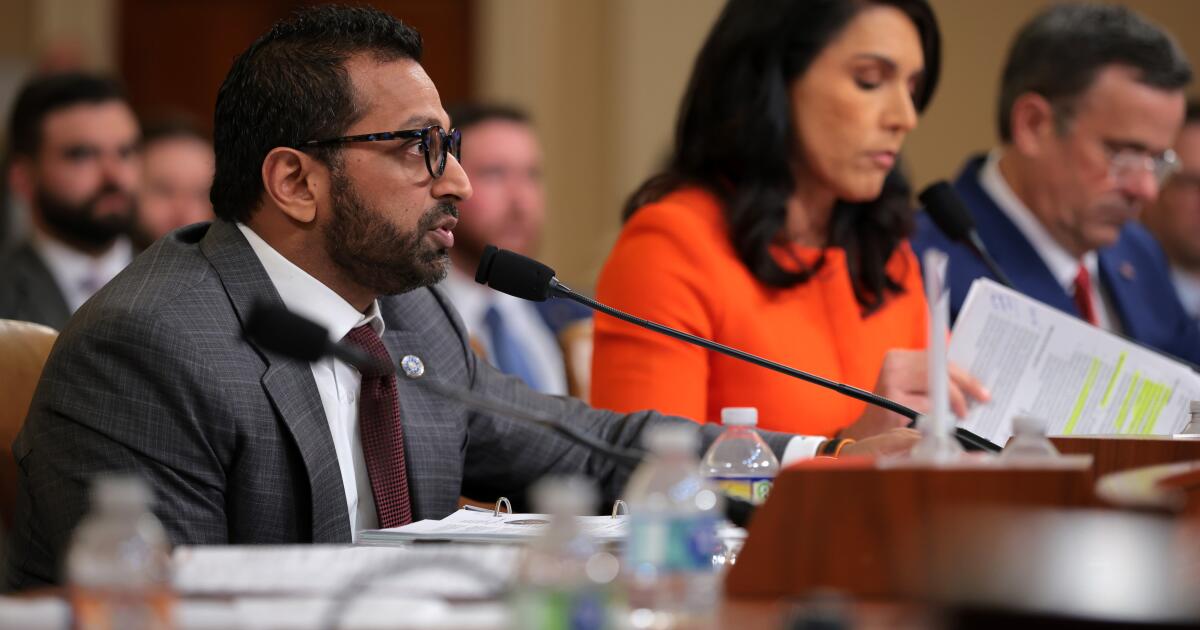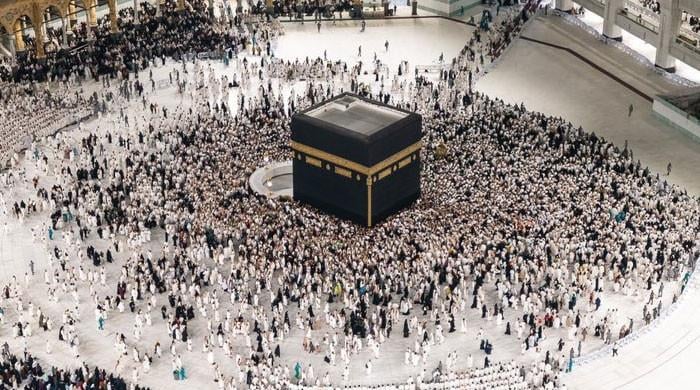María Corina Machado had declared victory in the presidential primaries of the Venezuelan opposition last October.
Venezuela's Supreme Court of Justice upheld a ban preventing presidential candidate María Corina Machado from holding office, upsetting the opposition's plans for elections scheduled for later this year.
Machado, a former lawmaker, won the opposition's independent presidential primary last October with more than 90 percent of the vote, potentially putting her in prime position to challenge veteran socialist leader Nicolás Maduro in the election.
Her victory came despite the government announcing a 15-year ban on her running for office just days after she formally entered the race in June.
After the court issued its ruling on Friday, Machado posted on social media that his campaign's “fight to win democracy through free and fair elections” is not over.
“Maduro and his criminal system chose the worst path for them: fraudulent elections. That's not going to happen. Let no one doubt it, this is until the end,” the 56-year-old wrote in X.
The regime decided to end the Barbados Agreement.
What is NOT ending is our fight to conquer democracy through free and fair elections.
Maduro and his criminal system chose the worst path for them: fraudulent elections. That's not going to…
— María Corina Machado (@MariaCorinaYA) January 26, 2024
The court's decision came hours after three of Machado's allies were detained on conspiracy charges, amid rising tensions between Maduro's government and the political opposition.
Attorney General Tarek Saab accused Guillermo López, Luis Camacaro and Juan Freites, belonging to Machado's Vente Venezuela party, of being part of a group of at least 11 people who, he said, tried to steal an arsenal of military weapons on last year before a planned assault on a pro-Maduro state governor.
Saab said on state television that the three were “criminals.”
In a post on He did not mention López.
United States-Venezuela relations
The court said it also upheld findings that Machado supported U.S. sanctions, had been involved in corruption and had lost money from Venezuela's foreign assets, including the U.S. oil refinery Citgo and the chemical company Monomeros, which operates in Colombia.
The United States has conditioned the continuation of sanctions relief on Venezuela, granted in October thanks to an electoral agreement signed in Barbados, on Maduro releasing political prisoners and “unjustly detained” Americans.
While Maduro's government released five prisoners, including prominent members of the opposition, it reiterated that those with disqualifications will not be able to run in the 2024 race.
On Thursday, Maduro said the Barbados deal was “deathly wounded” after government authorities claimed to have foiled numerous plots to assassinate him.
Currently, Machado's confirmed ban could set back relations between the United States and Venezuela.
“The regime decided to end the agreement in Barbados. What did not end was our fight for democracy to win through free and fair elections,” Machado said in a message via X.
Maduro, the protégé of former President Hugo Chávez, has been in power since 2013. While he has not formally announced his bid for re-election, he is expected to seek a third six-year term in 2024.
A victory would put him on track to remain in office until 2030, far exceeding the 11 years that Chávez was in power.

